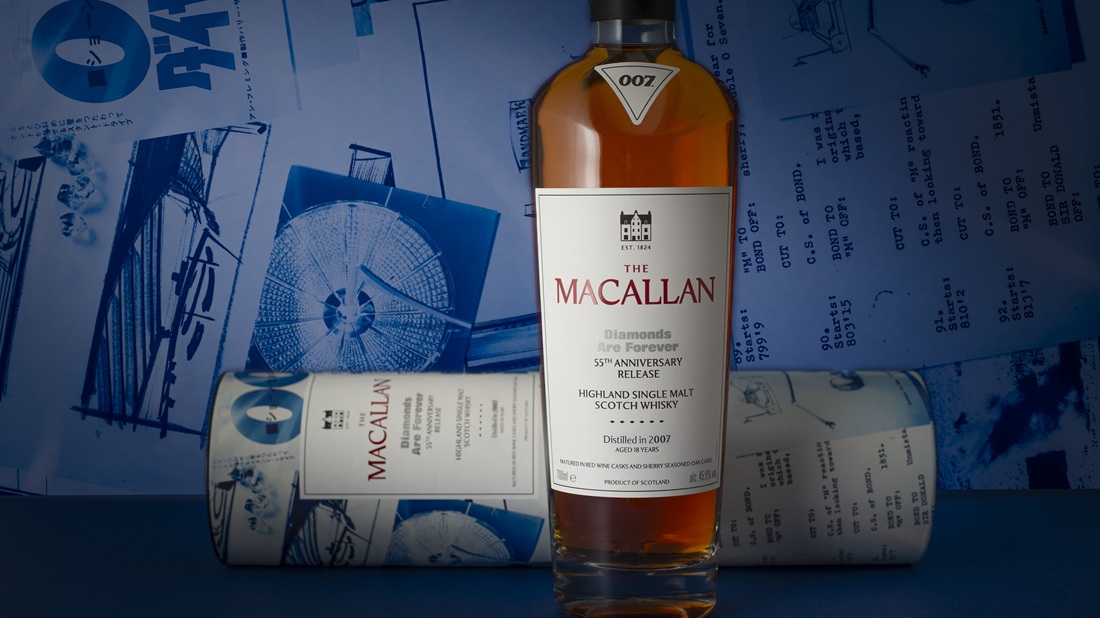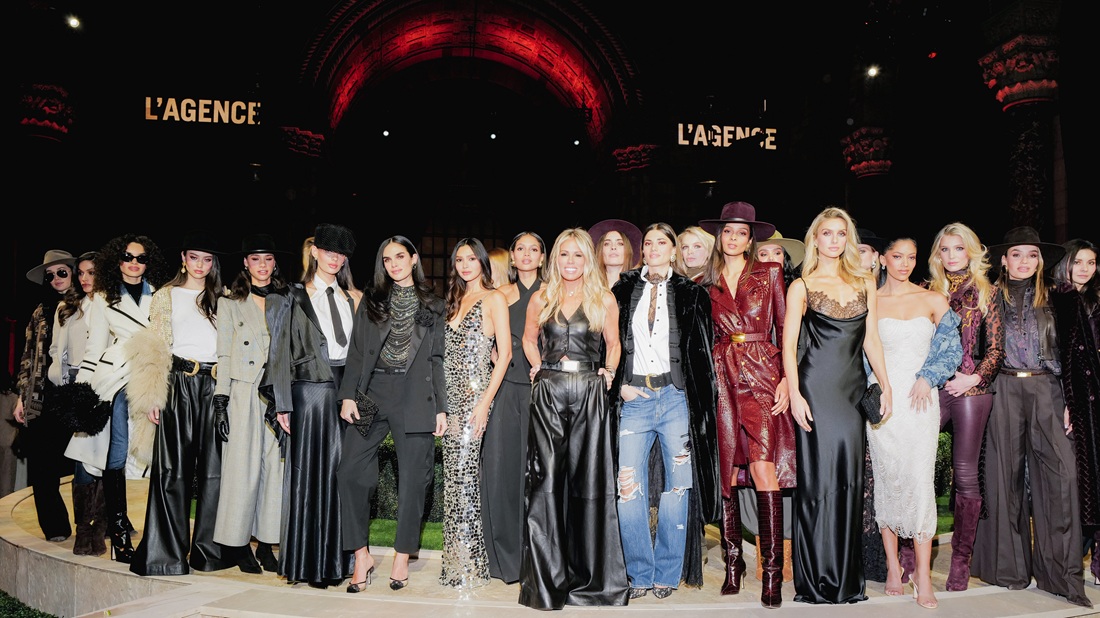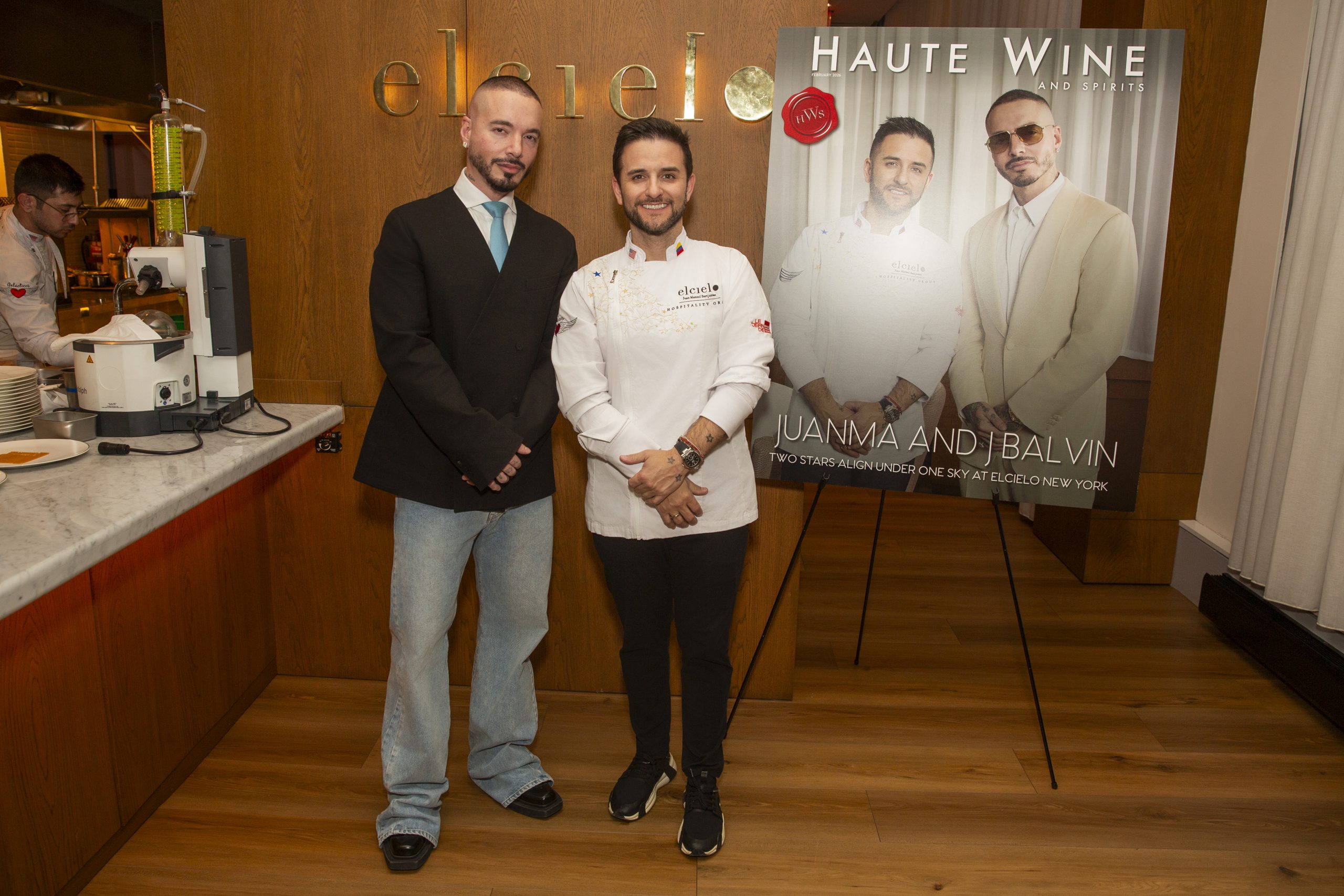The Lasting Power of Clive Davis
Much like Manilow’s “Mandy” launched Arista, the debut album of Alicia Keys launched J Records and immediately reaffirmed Davis’ ability. He says that upon hearing Keys play for him, he knew that she was destined to be a star. He began bringing her to perform wherever he was speaking, as he wanted to share her talents with the world. “Alicia was so unique, so special, but I was concerned that urban stations were looking for more tempo, and top 40 pop stations were looking for something not so urban,” he explains. “I was concerned that we might not break Alicia, so I wrote a letter to Oprah. I said, ‘Look, there’s a whole new neo-soul movement, and what you do for authors, you really should do for artists.’” Davis pointed out three up-and-coming female artists in this category, two of which were not on his label, and asked Oprah to lend her considerable weight to launching their careers. “She called me up and said, ‘Do you think Alicia is good in person?’ and I said, ‘I’ll testify.’”
Oprah invited Keys to Chicago to perform at a dinner for her advertisers, and Oprah was just as blown away as Davis. When the show for the new neo-soul artists aired on The Oprah Winfrey Show and Alicia performed “Fallin’,” Oprah already knew all of the words and was shown singing along with the artist. “It was memorable. The album Songs in A Minor came out, and without any major airplay at all—based on Oprah’s program—it entered the charts at No. 1. Radio then followed and broke that song, which ultimately broke all over the world.”
Davis was back on top, and Songs in A Minor sold more than 12 million copies worldwide. He attracted Luther Vandross, Busta Rhymes, and Jamie Foxx to the label, and they immediately launched platinum albums. J Records broke new artists like Maroon 5 and Gavin DeGraw to platinum and multi-platinum status. Today, Davis serves as the chief creative officer of Sony Music Group (Sony bought out BMG in 2008), which gives him greater freedom of expression. He explains, “The difference is that I can work with artists, not just on RCA, Arista, or J, but also on Columbia or Epic. It’s the broad spectrum of Sony Music.”
He is certainly taking advantage of the freedom. He recently completed Harry Connick Jr.’s album Your Songs, on Columbia Records. He also partnered with Simon Cowell to produce Leona Lewis’ new album Echo, on Sony Music. Meanwhile, he is working with Carlos Santana, Barry Manilow, Jennifer Hudson, and rising singer/songwriter BC Jean, and is excited to get into the studio with Marc Anthony. “So it’s a full plate,” he quips.
When not going to see artists in concert or holding auditions, Davis can be found in his New York office, where his day-to-day activities are dictated by the musician he is working with at the moment. “It depends on whether the artist writes or does not write,” he explains. “If the artist, like Whitney [Houston], does not write, I am in meetings with writers and producers. They are submitting material to me; I am meeting with Whitney, going over the material, then going over the arrangements.” The sheer number of artists he represents precludes him from always going into the studio as he did for the Harry Connick Jr. album. “I will go over tempos, will go over material, will go over vocal interpretation, in my office. And then they will go into the studio and send the tapes right to me.”
With Connick, whom Davis had never worked with before, he took a more active role. Your Songs is a compilation of covers of classic tunes like “Can’t Help Falling in Love With You” and “Just the Way You Are,” a track list that emerged over long meetings when the two would listen to music for hours on end. Davis said that his goal with the album was to prove how great songs have extreme lasting power. While the resulting album is certainly worthy of praise, it was not necessary for Davis to put it together to showcase the enduring legacy of some hits.












